Criminalising sanctions evasion at EU level: opportunities and challenges for Ukraine
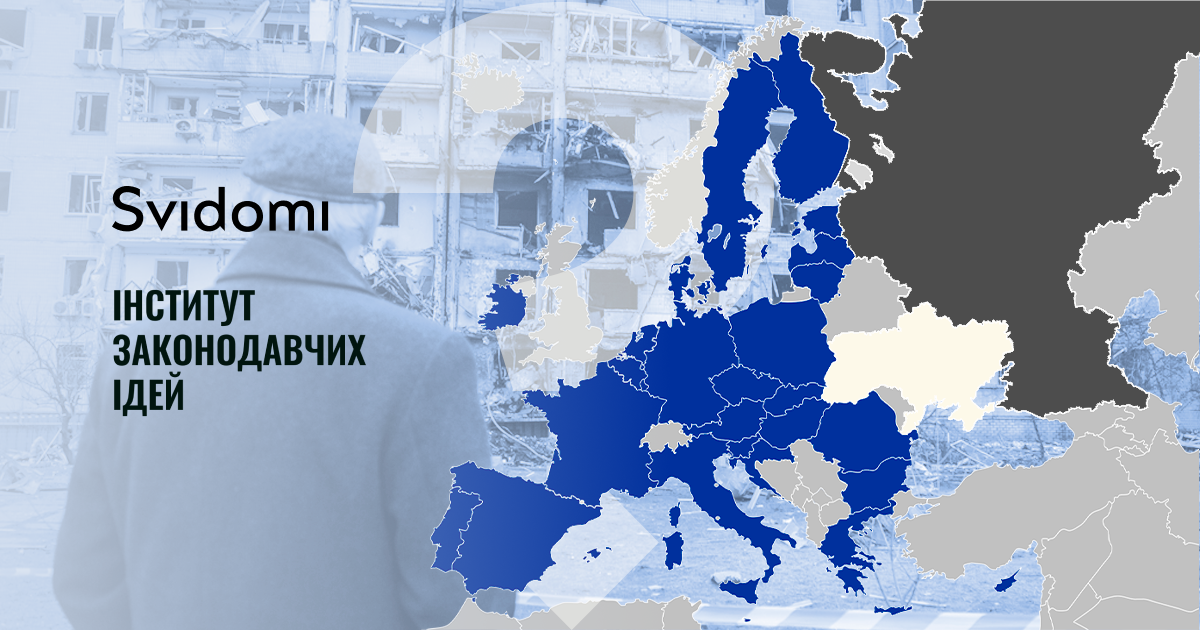
As of March 2024, Russia remains the record holder by the number of sanctions imposed on it. Since the invasion in February, the number has increased more than sixfold.
Specifically, the EU has adopted more than 40 sanctions regimes against third parties under its Common Foreign and Security Policy, including 13 packages of sanctions against Russia. Recently, the EU realised that the inconsistent application of EU restrictive measures undermines their effectiveness. The Vice-President of the European Commission confirmed that the new package of sanctions against Russia will have a strong emphasis on combating evasion.
Read how the EU's sanctions policy works and what Ukraine can expect from it in this article.
Criminalising sanctions evasion at EU level: opportunities and challenges for Ukraine
Another weakness in the EU's sanctions policy is the fact that although sanctions are adopted at the EU level, their implementation is left to member states, among which the definition of sanctions evasion and the corresponding penalties vary significantly. Currently, not even all EU member states recognise such actions as a criminal offence. Even before the full-scale invasion in 2019, MEPs pointed out that sanctions evasion had become a systemic problem, and after 2022, the cost of this ‘problem’ has soared.
If the situation remains the same, the EU would risk missing the primary objectives of sanctions, such as preventing conflicts, strengthening international security and punishing violators of the international legal order. Therefore, the EU decided that it is necessary to unify approaches to prosecuting sanctions evasion at the EU level.
After almost two years of meticulous work, on March 12, the European Parliament adopted the long-awaited Directive criminalising sanctions evasion by 543 votes. On April 12, the EU Council approved the text of the Directive. The Directive will enter into force 20 days after its publication in the Official Journal of the European Union, and member states will have 12 months to implement its provisions in their national legislation.
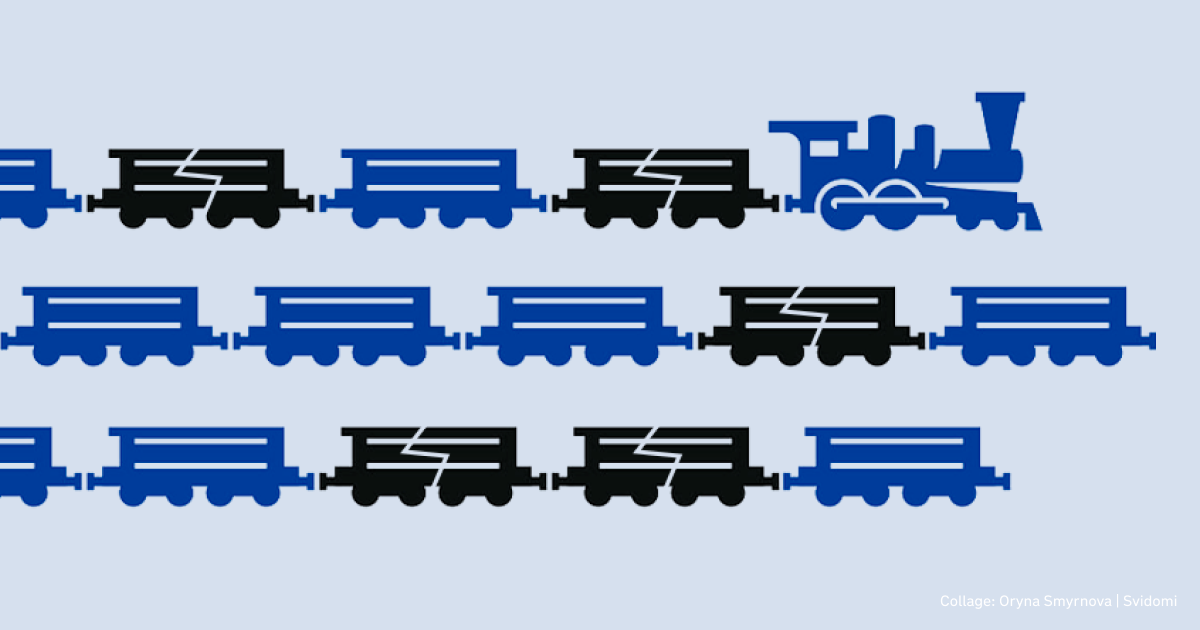
You can find a detailed overview of the provisions of the Directive and recommendations for Ukraine from the Institute of Legislative Ideas think tank here.
The main objective of the Directive is to set uniform definitions of violations (called criminal offences in Ukraine) and unified criminal penalties for them.
Violations of restrictive measures, including the freezing of funds and economic resources, prohibition of providing funds and economic resources and prohibition of entry into or transit through the territory of a Member State, as well as violations of sectoral economic and financial measures and arms embargoes, will be criminalised at the European level.
For natural persons, liability is envisaged in the form of imprisonment, fines, revocation of permits or licences to engage in certain activities, and temporary deprivation of the right to hold managerial positions or run for public office.
Legal persons may also be subject to fines, deprivation of the right to receive state benefits or assistance, access to state funding (including tender procedures, grants and concessions), denial of the right to engage in business activities, cancellation of permits, placement under judicial supervision, and liquidation through court proceedings.
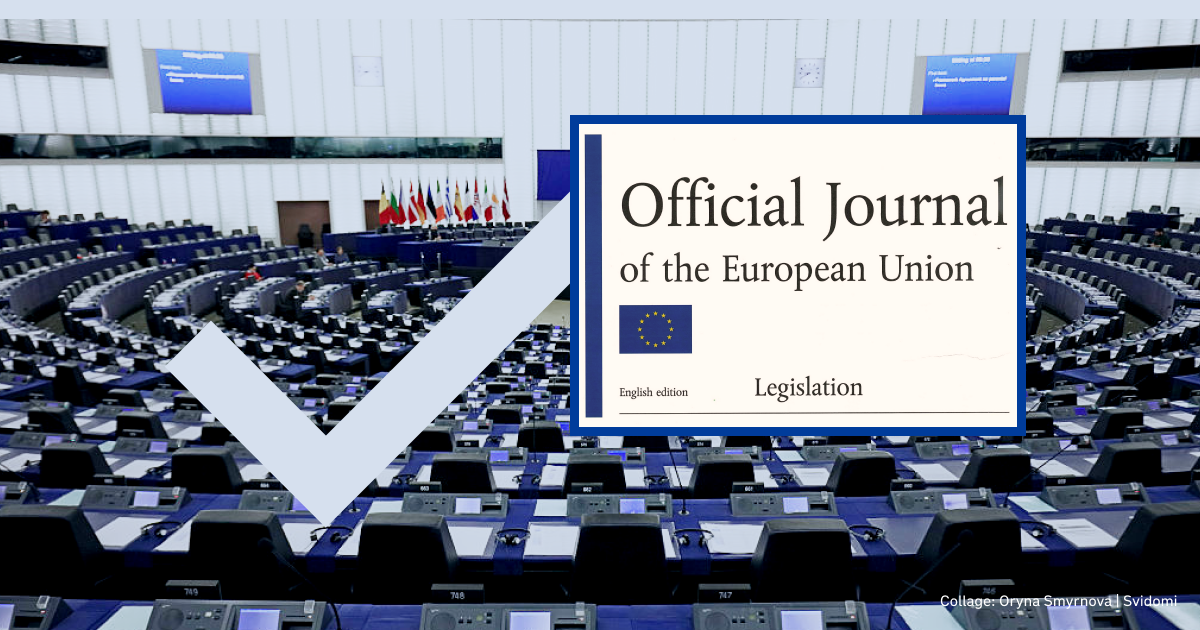
It is important to note that the Directive establishes a minimum penalty framework. In other words, when implementing its provisions, Member States can only increase liability but cannot reduce it.
Another feature of the Directive is that it does not set any minimum fines. The text states that the courts should, in any case, impose appropriate penalties, taking into account the individual, financial and other circumstances of the natural or legal person concerned, as well as the gravity of the offence.
Thus, adopting this Directive is an important step in the EU's sanctions policy. It marks the end of the ‘safe havens’ where minimal consequences for sanctions evasion were normal.
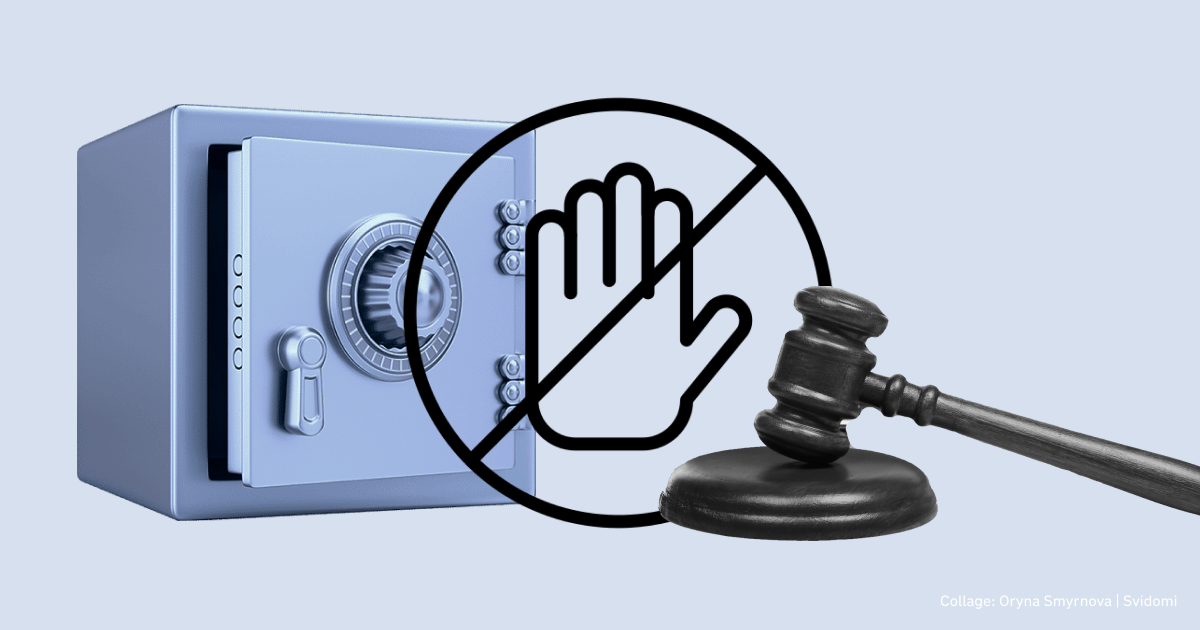
Since the reason for the imposition of sanctions against Russia is effectively the war against Ukraine, it is, therefore, sensible to channel the proceeds of crime or assets seized in the course of the investigation to Ukraine as the affected party.
The European partners heard this idea after two years of advocacy. On March 13, the European Parliament adopted a Resolution on the Directive on the finding and confiscating assets of criminal origin. On April 12, the Council of the EU supported these changes as well.
This Resolution proposes, in particular, the following changes. If certain assets are confiscated in connection with Russia's aggressive war against Ukraine or related crimes (e.g. trafficking in human beings, drugs, weapons, sanctions circumvention, etc.), these assets or the net proceeds of the liquidation of such assets may be used to rebuild Ukraine.
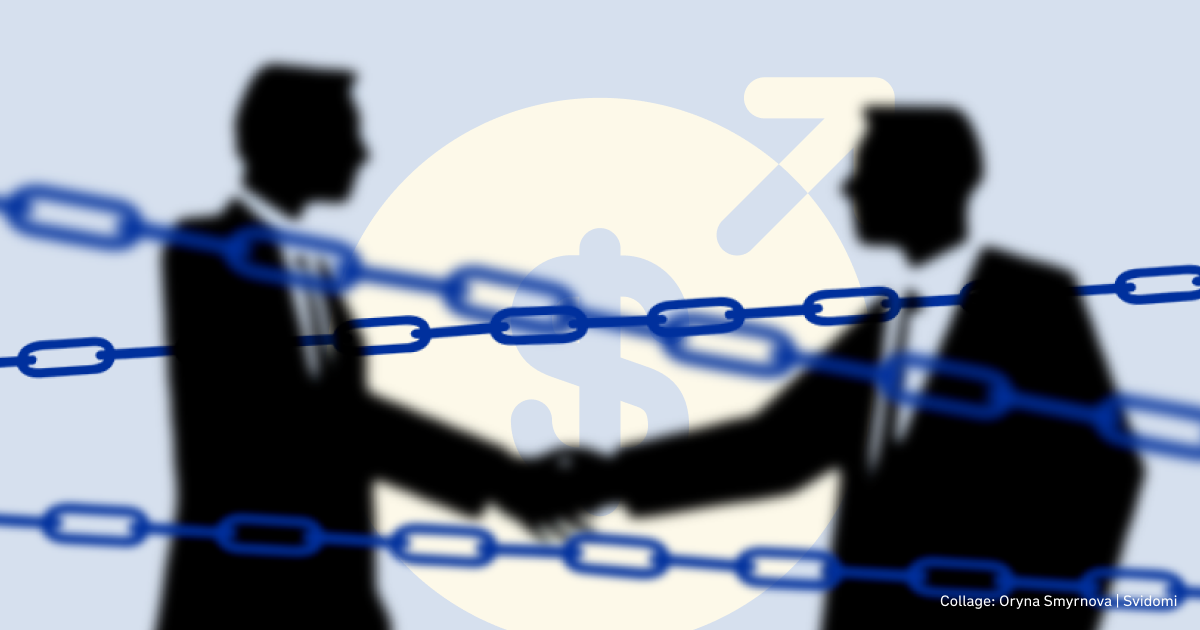
The Directive mentioned above, which criminalises the circumvention of EU restrictive measures, also provides for amendments to the Directive on the finding and confiscation of assets of criminal origin. In particular, it expands the list of offences where assets can be considered to be of criminal origin. It means that numerous assets (such as yachts, real estate, jewellery, etc.) that serve as the subject of sanctions circumvention will be considered to be of criminal origin. These assets and potentially millions of euros received as fines may be transferred to Ukraine.
What can we count on?
For example, for the first time, Germany may confiscate €720 million of frozen Russian assets of the Moscow Exchange for circumventing sanctions. The new rules will enable these funds to be collected for the reconstruction of Ukraine rather than for the German budget.
Estonia contributed significantly to the investigation that uncovered a network of illegal procurements in the United States to import defence-related goods to Russia. As a result, $500,000 was confiscated, which should be used to help Ukraine.
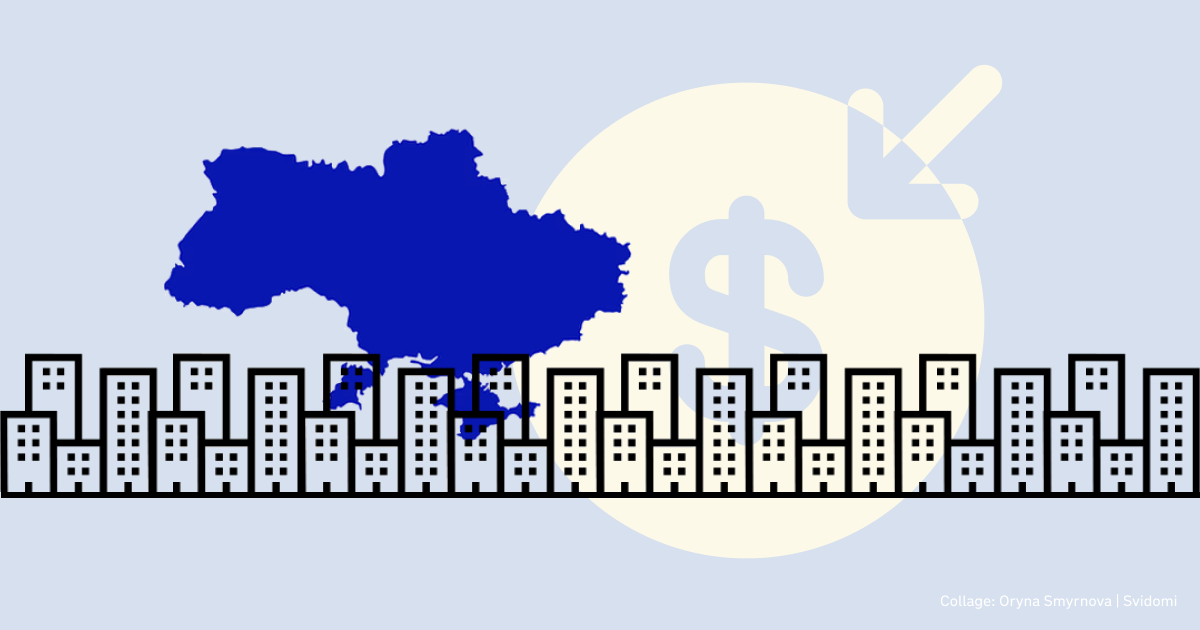
Lithuania did not wait for a joint EU decision. In November 2023, Lithuania adopted regulations at the national level that established the obligation to transfer funds received from fines and confiscated property in case of non-compliance with international or national sanctions to the Cooperation Development Fund to be used for the restoration of Ukraine. Therefore, it is likely that Ukraine will soon receive those assets. The Lithuanian example may be followed by other EU countries.
And what about Ukraine itself?
No matter how absurd it may sound, after ten years of war, sanctions circumvention has not yet been criminalised in Ukraine. In practice, law enforcement agencies have to classify such actions under other articles of the Criminal Code, which adversely affects the efforts to combat this crime. Therefore, the criminalisation of sanctions evasion is perhaps the most important task for the state's sanctions policy at this stage. With the adoption of the EU Directive, Ukraine now has to harmonise its legislation with it.
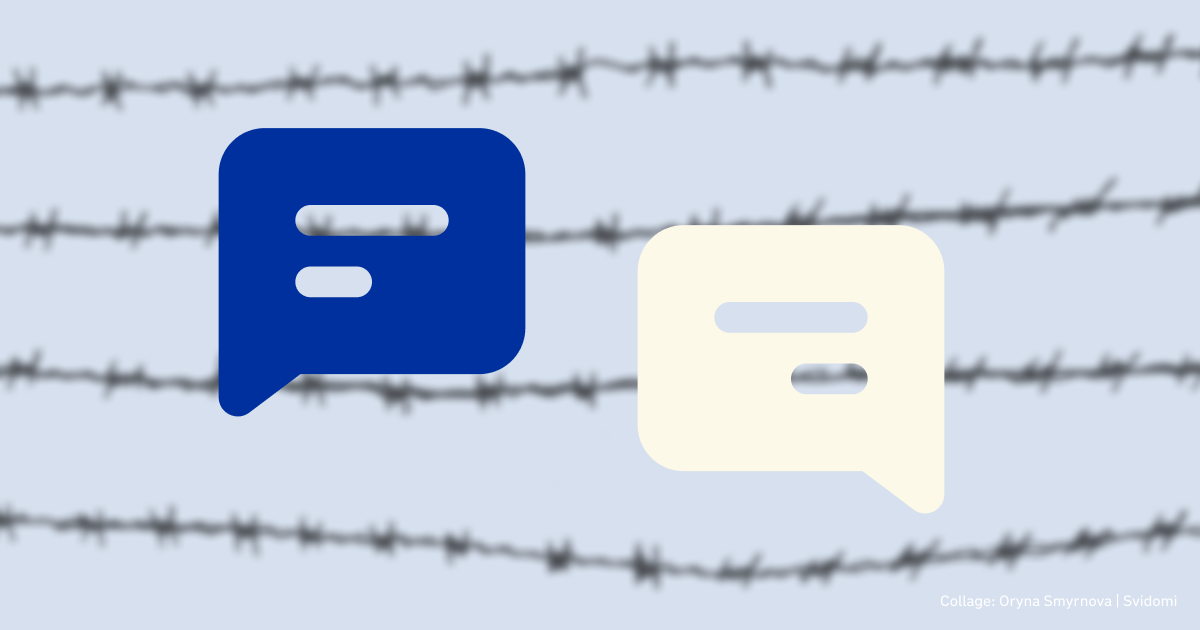
This requires not only adding a new article to the Criminal Code but also comprehensive amendments to the relevant legislation to clarify the powers and duties of the agencies responsible for implementing sanctions. Ukraine has no right to drag its feet on this issue any longer; we need to show all our partners that we are most interested in the effectiveness of the sanctions policy.


